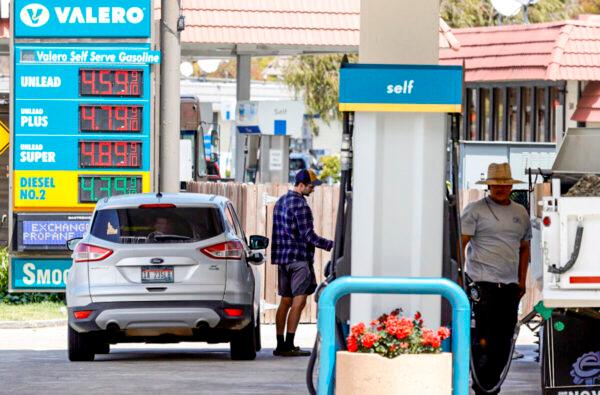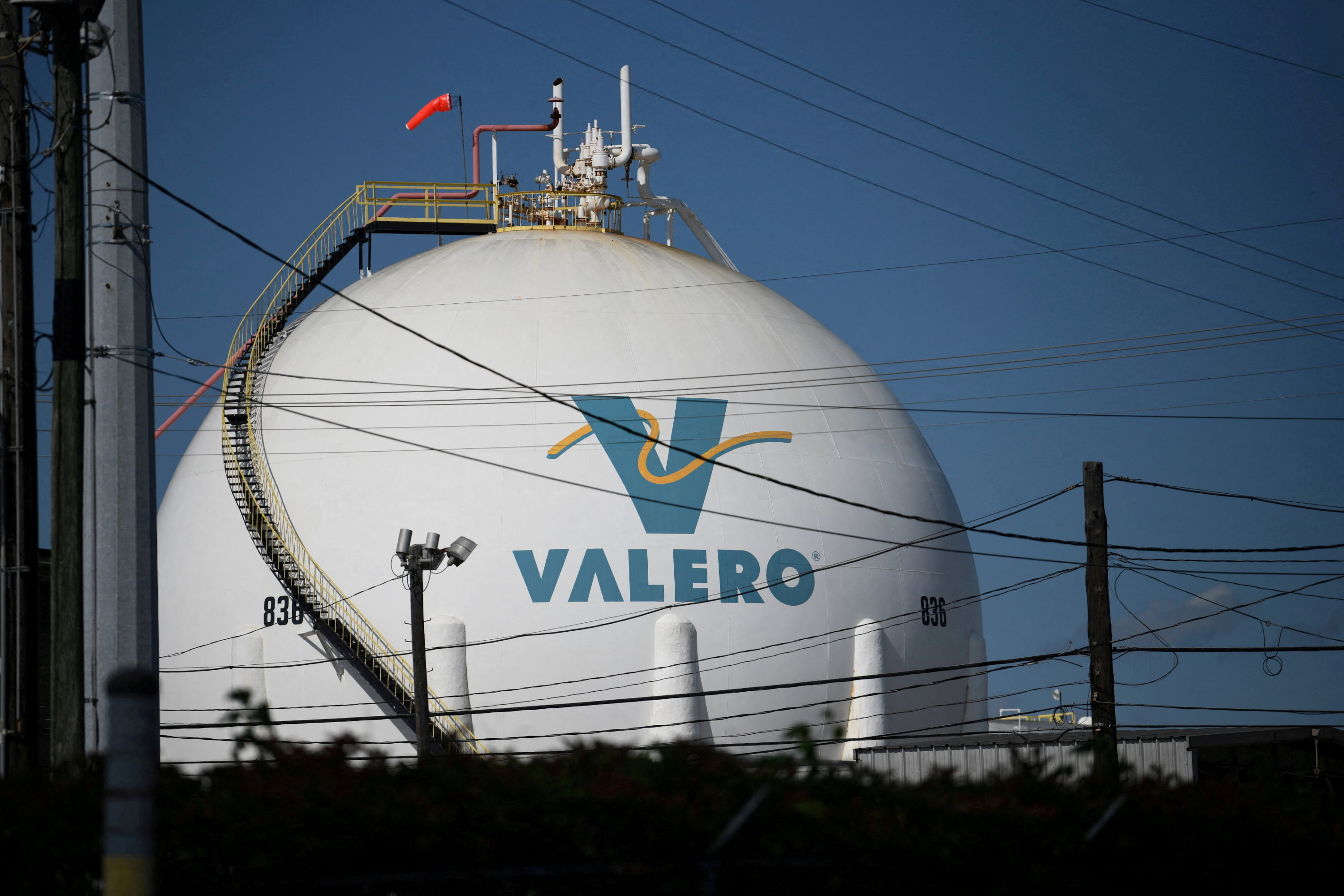Regulators in California announced on Oct. 31 a penalty of nearly $82 million for oil giant Valero for alleged air pollution violations at the company’s Benicia refinery in the Bay Area.
The case was brought jointly by the California Air Resources Board and the Bay Area Air Quality Management District—and represents the district’s largest penalty ever assessed.
“Today’s historic penalty against Valero Refining Co. for its egregious emissions violations underscores the air district’s unwavering commitment to holding polluters accountable and safeguarding the health of those living in refinery communities,” Philip Fine, executive officer of the air district, said in a statement. “Investing these funds back into the community will empower local residents to drive air quality projects that benefit the surrounding neighborhoods, advancing our mission of cleaner air for all.”
More than $64 million of the money will go to projects reducing air pollution exposure in local communities, according to the announcement.
“In total, nearly $80 million of this historic penalty will be returned to Bay Area communities,” the agencies said in the statement.
Projects will be selected after input from advocates, officials, and residents is considered in a public process.
Benicia’s mayor said residents should know that violations of air quality laws are “taken seriously.”
“This penalty sends a strong message; adherence to air quality standards is both necessary and expected, and failure to do so can lead to significant fines,” Steve Young, who is also a member of the air district board of directors, said in the statement.
The air district has now levied three penalties, including a $5 million fine against the Marathon refinery in Martinez announced in October and a $20 million assessment against Chevron’s Richmond refinery in February.
“These significant penalties should put the refineries and other industrial operations on notice,” Alexander Crockett, general counsel for the air district, said in the statement.
Inspections in 2019 led to Valero’s penalty after unreported emissions were discovered from a hydrogen system that regulators say contained “harmful compounds” that violated regulations. The substances included benzene, xylene, and other compounds that the state recognizes as causing cancer, reproductive issues, and other health problems.
According to the complaint, inspectors learned that management knew since 2003, at least, that toxic emissions were occurring but did not report them to the state.
Regulators estimated that 8,400 tons of organic compounds were emitted—which they calculated as more than 360 times the legal limit. Investigators also found a failure to install abatement equipment and to maintain existing equipment.
The payment resolves all complaints, and Valero is ordered to reconfigure facility infrastructure and train staff about air quality regulations.
In a statement acknowledging the settlement, the company stated that it worked with regulators before the announcement to reduce emissions from the hydrogen vents in question.
“This agreement demonstrates our commitment to remain one of California’s lowest-emitting refiners while underscoring Valero’s unwavering pledge to safe and environmentally responsible operations,” the company stated.
Differences in federal limits and the district’s rules potentially contributed to the problem, according to the company.
“Valero endeavored to comply with federal rules associated with the hydrogen system; however, the district has much more stringent regulations,” the statement reads.
Executives discussed the state’s regulations and their impact on the industry in an Oct. 24 conference call with investors.
With recent balance sheets showing Valero’s California refineries performing worse than its other assets—including a $99 million operating income loss for the three months ending in September—“all options are on the table” about how best to proceed, according to CEO Lane Riggs.
“It’s clearly our highest cost structure operation,” Riggs said during the call. “The regulatory environment and the supply situation on the West Coast, it’s always a challenge. It’s very different than maybe some of the areas where we operate.”

A customer prepares to fill his tank at a Valero gas station in Mill Valley, Calif., on July 12, 2021. (Justin Sullivan/Getty Images)
He suggested that concerns about profitability are exacerbated by strict regulations.
“Clearly, the California regulatory environment is putting pressure on operators out there and how they might think about going forward with their operations,” Riggs said.
One state lawmaker said the loss of refineries—following an announcement in October that Phillips 66 is shutting down its operations in Southern California—is the result of the state’s actions, including a newly enacted state law that sets minimum reserve limits for refineries in a bid to add supply and reduce price fluctuations.
“[The] war on gasoline will make California more dependent on foreign imports and raise prices for every Californian who relies on gasoline to drive to work or take their children to school,” state Sen. Shannon Grove told The Epoch Times on Oct. 31. “These policies have made California one of the most unaffordable states in the nation. It doesn’t have to be this way.”














